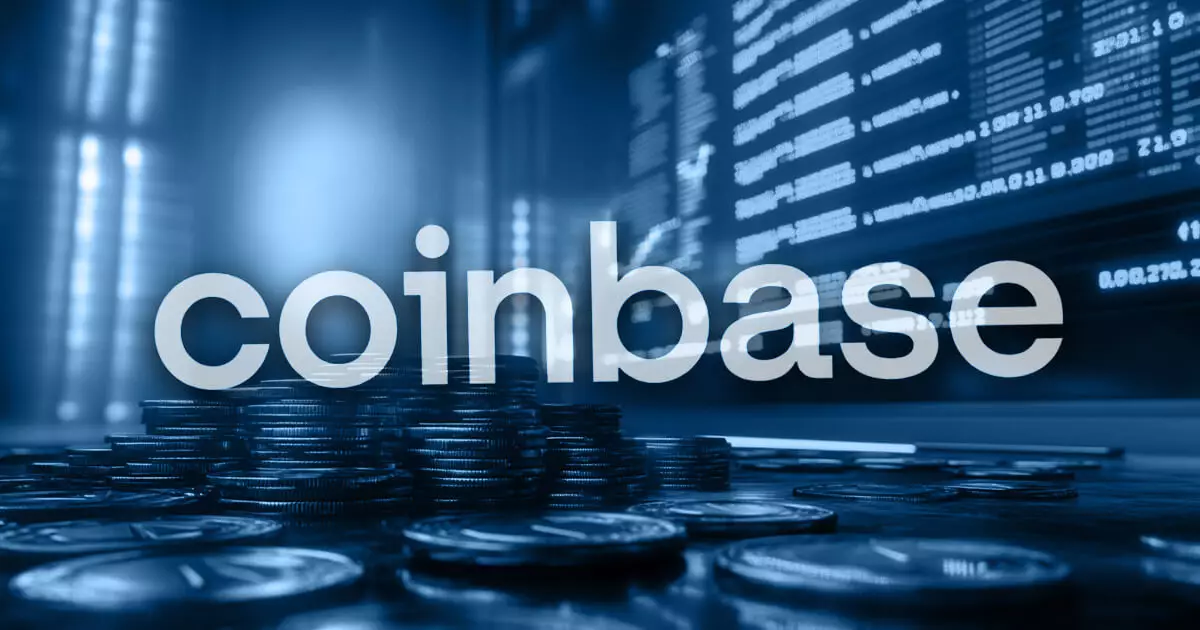As the cryptocurrency ecosystem continues to grow and evolve, the issue of asset listing fees has become a hotly contested topic among prominent platforms and their stakeholders. This debate has intensified following comments made by industry leaders such as Tron Network’s Justin Sun and Sonic Labs’ Andre Cronje, who took exception to claims made by Coinbase CEO Brian Armstrong regarding the platform’s supposed lack of listing fees. This article delves deep into the unfolding narrative around listing fees, contrasting the positions of various players in the cryptocurrency space while exploring the implications of these discussions for emerging projects and the broader market.
On November 4, Justin Sun publicly challenged Brian Armstrong’s assertion that Coinbase offers free asset listings, claiming that the exchange requested an exorbitant payment of 500 million TRX—approximately $80 million—for TRX, the native token of the Tron Network. Sun’s statements were further echoed by Andre Cronje, who noted that Coinbase had attempted to impose listing fees on his projects that ranged from $30 million to as high as $300 million. In stark contrast, Sun highlighted that Binance, one of the largest cryptocurrency exchanges worldwide, did not impose any charges for listing the Tron token, positioning Binance as a more accessible alternative for new and emerging projects.
The core of the controversy lies in the transparency surrounding listing fees on exchanges like Coinbase and Binance. With the cryptocurrency market’s unique business model, the fees associated with listings can significantly impact a project’s viability and its ability to gain traction among investors.
The claims made by Sun and Cronje were met with resistance from various members of the crypto community who defended Coinbase’s reputation regarding asset listings. Notably, Greg Osuri, founder of Akash Network, asserted that his project faced no listing fees on Coinbase. Similarly, Haider Rafique of OKX echoed this sentiment, attributing the exchange’s integrity to its transparency and ethical business practices.
Supporting perspectives also emerged from contributors like Luke Youngblood, who offered insights into Coinbase’s operational strategies. Youngblood posited that misconceptions around educational campaigns, such as those run through Coinbase Earn, sometimes lead people to mistakenly classify marketing efforts as mandatory listing fees. He emphasized that sponsorship of an Earn campaign is entirely separate from the process of securing a listing on the platform.
This faction of the community, defending Coinbase, reflects the complexities of navigating the modern cryptocurrency landscape, where perceptions and rumors can significantly sway public opinion and investor confidence.
The discourse surrounding listing fees reflects broader questions about market accessibility and fairness in the rapidly evolving crypto arena. As mentioned, emerging projects can face significant hurdles in obtaining listings on major exchanges, which could lead to market instability and an uneven playing field where only well-financed projects can gain visibility and traction.
The contrasting approaches of exchanges like Coinbase and Binance in handling listing requests could serve as a blueprint for the future of cryptocurrency trading platforms. If new projects are consistently met with daunting financial barriers to entry on platforms like Coinbase, we may see a consolidation of listings towards exchanges that maintain a more lenient approach, thereby fostering innovation and inclusivity in the industry.
Moreover, as the cryptocurrency market matures, there may be increasing calls for regulatory oversight that addresses these contentious issues, ensuring transparency and fairness in how exchanges operate. Stakeholders ranging from small projects to seasoned investors will likely continue to advocate for more equitable and upfront practices concerning listing fees and requirements.
As the cryptocurrency landscape evolves, it is vital for exchanges to engage in transparent practices concerning asset listing policies to foster trust among developers and investors alike. Disputes over listing fees highlight a critical weakness in exchange operations, and resolving these issues will be essential for market growth and sustainability. Just as important is the need for clear communication from all parties involved, ensuring that misunderstandings do not mar the potential for collaborative advancement in this dynamic and intricate ecosystem. As the dialogue continues, it is imperative for all stakeholders to seek clarity while striving towards a more equitable future within the cryptocurrency market.


Leave a Reply